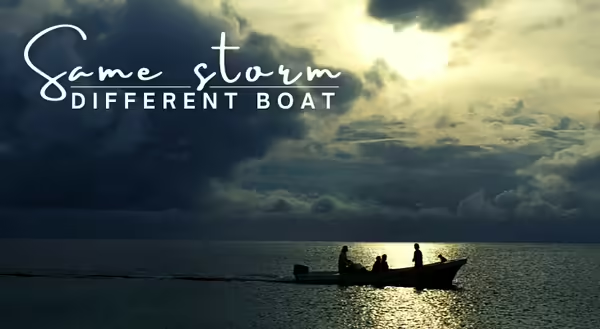
In an August 2020 article, Johns Hopkins Medicine addressed coronavirus fatigue, or “burnout”, as a concern as the pandemic wears on.
The last nine months have been filled with ups and downs. Schools have transitioned from in-class learning to remote education; some schools are offering both to students and families.
Healthcare workers have experienced ups and downs. Limits have been placed on office visits, and elective procedures have been delayed in attempts to minimize exposure and treat those most in need. Loved ones may feel isolated due to visitor restrictions at hospitals and long-term care facilities.
Many employers and employees are experiencing uncertainty as operations ceased or were scaled back. Other employees were deemed essential, so they have been working overtime.
As workers transitioned to remote work, the kitchen table or spare bedroom now serves as an office. Vacations, conferences, trade shows, expos, fairs, festivals, parades, and other special events have been canceled or reformatted to help us keep our distance from one another and from exposure.
Retail businesses and restaurants struggled to deal with restrictions on the number of customers they could serve and how they could interact with them.
In the background, shutdowns, stay-at-home orders, and travel restrictions have hampered revenue streams for many states and local governments as consumer buying power, needs, and behaviors have changed as a result of the pandemic.
Similarly, many of the special events you looked forward to attending were revenue generators for the businesses or organizations that hosted them – so those revenue streams have dried up as well.
While we are all in the same storm, we are in very different boats. None of our families or businesses have come through the past nine months unscathed. However, while we are challenged and frustrated, some businesses and families are struggling with sickness, death, or loss of income – or all of these.
As a rule, in difficult times, we should be thankful for what we have and focus on what we can do, not what we can’t do. It sounds simple, but it can be a tall order, especially during a pandemic.
Many local restaurants and retailers transitioned to meet safety guidelines and customer shopping preferences. They began offering curbside pickup and delivery, increased their online presence, perhaps by developing a new website, adding online ordering capabilities, or by promoting their products and services on social media platforms.
Despite their best efforts, it hasn’t been easy, and the storm is far from over as we approach perhaps the roughest times ahead this winter. If you have the capacity, please consider lending a hand to those in need:
- Share food donations with a local food bank
- Donate to a local non-profit organization that helps those in need
- Support local business by making more purchases locally
You can help your friends, neighbors, and local businesses weather this winter’s storms. Spending at local businesses will keep your dollars circulating locally, generating tax dollars to support your local economy, which, in turn, keeps us safer by providing funds to support our local emergency response efforts.
Let’s work together to help all boats weather this storm.